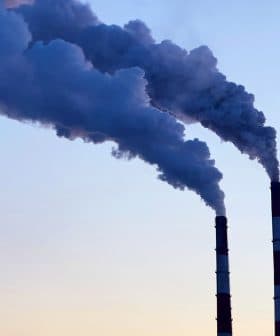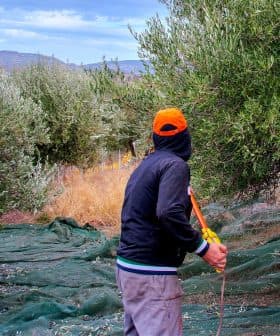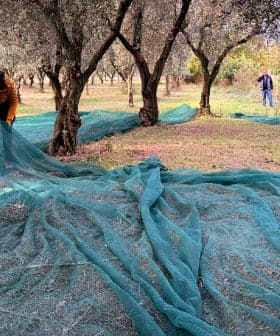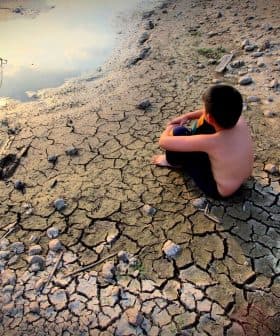Europe Reveals 'Farm to Fork' Strategy for Food Sustainability
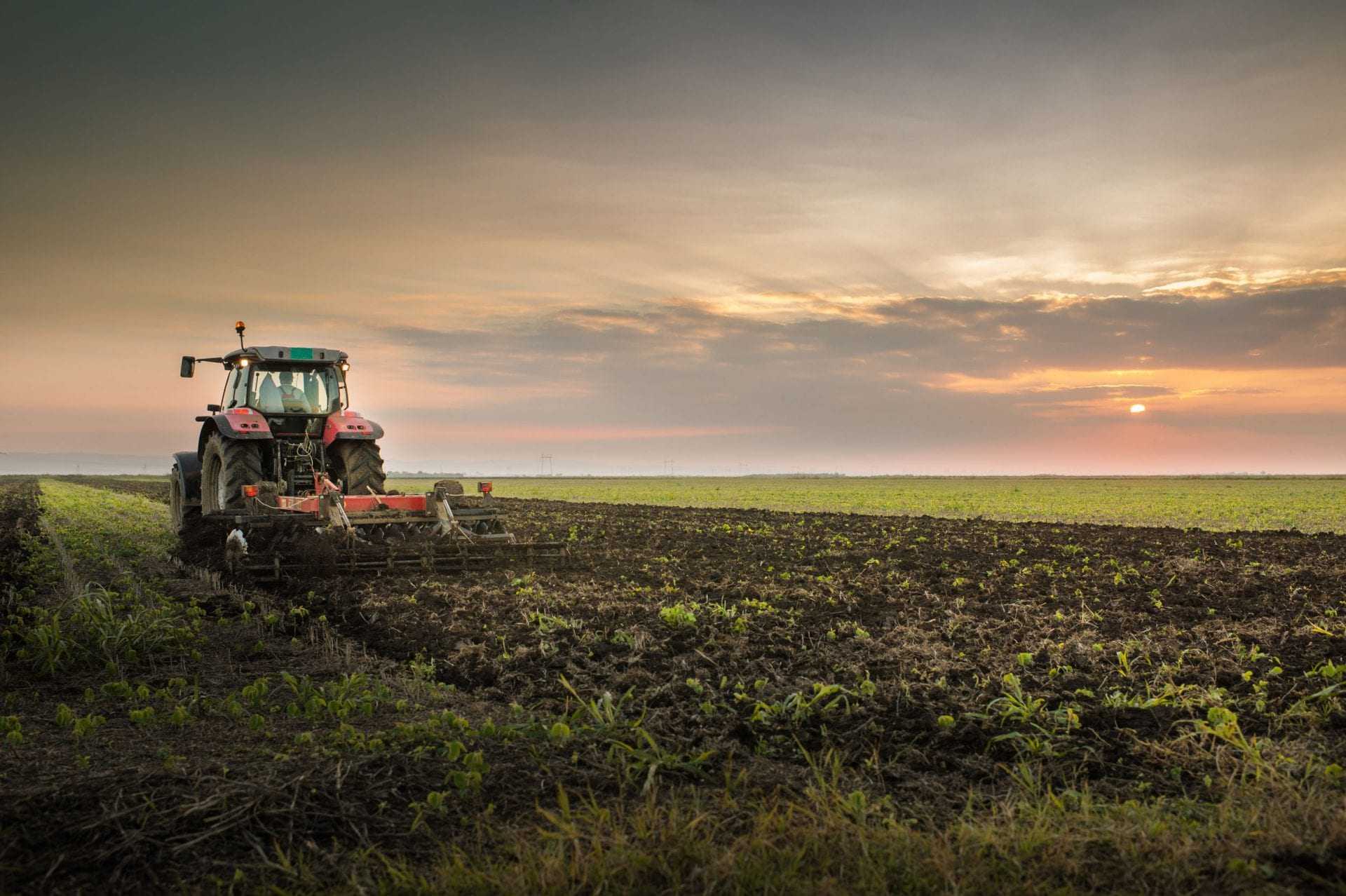
The European Commission unveiled the ‘From Farm to Fork’ strategy as part of the European Green Deal initiative, aiming to improve food sustainability and security while addressing climate change and protecting the environment. The strategy, which sets concrete targets to reduce pesticide and fertilizer use, promote plant-based diets, and transition to organic farming, has drawn criticism from environmental organizations and animal welfare advocates for not going far enough in protecting the environment and reducing industrial animal products.
The European Commission revealed its ‘From Farm to Fork’ strategy, which aims to establish food sustainability and security among European populations in the wider context of tackling climate change and protecting the environment as part of the European Green Deal initiative.
The Covid-19 pandemic emerged as an accelerating factor for the E.C. to prepare and present the strategy in order to tackle such emergencies in the future and smoothen any repercussions on European citizens.
“The coronavirus crisis has shown how vulnerable we all are, and how important it is to restore the balance between human activity and nature,” Frans Timmermans, the executive vice-president for the European Green Deal, said.
The strategy sets “concrete targets” to reduce the use of pesticides and fertilizers in the Union by 50 percent and 20 percent respectively, halve the sales of antimicrobials used for farmed animals and aquaculture, and turn a quarter of the total farmlands of the EU to organic cultivations — all to be achieved by 2030 at the latest.
Farm to Fork also focuses on reducing food waste and loss of nutrients, and promotes the transition to a sustainable food system “that safeguards food security and ensures access to healthy diets from a healthy planet.”
A shift of consumers to plant-based and reduced-meat eating patterns is a main pylon of the strategy as a means to reduce the obesity rates in European populations and increase the prevention of diseases like cancer, the strategy document said.
To facilitate the transition to plant-based diets, more EU funds are to be allocated to the research and production of alternative plant proteins and meat substitutes.
“The Farm to Fork Strategy will make a positive difference across the board in how we produce, buy and consume our food that will benefit the health of our citizens, societies and the environment,” Stella Kyriakides, the commissioner for health and food safety, said.
Farm to Fork has also drawn widespread criticism, with environmental organizations and animal welfare proponents arguing that it falls short of their expectations to better protect the environment and reduce industrial animal products.
“Animal farming makes up roughly 70 percent of all EU greenhouse gas emissions from agriculture, and climate scientists have long agreed that big reductions in meat and dairy are vital if we are to have any hope of reaching our climate change targets,” said Joanna Swabe, senior director of public affairs for Humane Society International.
“So within that context, it is deeply disappointing that the EU has chickened out of ending the practice of pouring millions of euros into promoting inefficient and unsustainable meat production and meat consumption.”
The Friends of the Earth Europe NGO noted that more than 300,000 EU citizens had called on the Commission for an 80 percent reduction in pesticide use and a total elimination of their use by 2035, compared to the declared goal of a 50 percent reduction by 2030.
Mute Schimpf, a campaigner for the NGO, added, “Industrial agriculture is causing ecological collapse – and it’s made possible by pesticide use, weak GMO safety laws and factory farms being politically acceptable. The Farm to Fork Strategy leaves the door open for weakening GMO safety laws, remains dangerously weak on pesticides and industrial animal agriculture. Agribusiness executives will sleep well tonight.”
The ‘Farm to Fork’ strategy must pass muster with the European Parliament and the Council of Europe.




